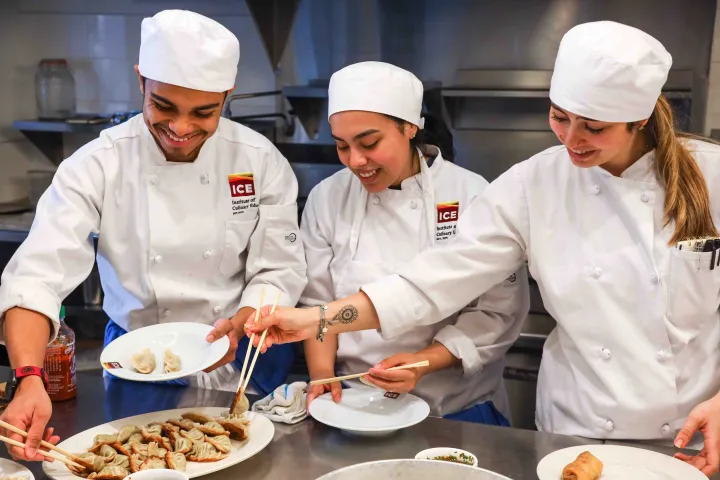Choosing to pursue a culinary career starts with the decision to enroll in a specialized educational program. While the cost of culinary school can seem daunting at first glance, it represents an investment not only in one’s skills but also in their future career and personal growth. Understanding the expenses involved and balancing them against the potential returns is essential for any aspiring chef. Below, we delve into why the financial outlay should not deter those passionate about culinary arts from seeking formal education.
Understanding the Financial Commitment of Culinary Education
Embarking on a culinary education entails more than just tuition fees. Prospective students should account for additional expenses such as uniforms, cooking tools, textbooks, and possibly even relocation costs if the school is far from home. It’s important to consider these factors when planning financially for culinary school.
Nevertheless, a variety of funding options exist to help offset the culinary school cost. Scholarships, grants, and student loans are available to those who qualify. Some schools also offer work-study programs, allowing students to gain experience and make money concurrently.
When considering any educational investment, it’s crucial to research and understand the cost breakdown of the programs on offer. Each culinary school has unique fee structures, and it’s worth taking the time to compare what’s included in the tuition of different institutions. Transparency in costs can aid in ensuring there are no unexpected financial surprises down the line.
How Quality Instruction Justifies the Cost of Culinary School
The caliber of instruction in culinary schools is a significant factor in justifying the cost of attendance. Expert chefs and industry professionals typically lead courses, sharing their extensive knowledge and experience. This mentorship is invaluable as it provides insights into the culinary world that cannot be learned from books alone.
Furthermore, the curriculum in reputable culinary programs is comprehensive, covering everything from basic knife skills to advanced cooking techniques, and often includes business management and food safety regulations. This well-rounded education equips students with a diverse skill set, making them adaptable to various roles within the food industry.
Another factor that contributes to the value of culinary education is access to professional-grade kitchens and tools that students might not otherwise be able to utilize. Learning in these environments allows students to become comfortable and proficient with the equipment and conditions they’ll find in a professional culinary setting.
The Role of Culinary Schools in Career Advancement
Culinary education can dramatically accelerate career progression. Graduates often bypass the entry-level positions that those without formal education have to work through to reach higher-paying roles. Culinary schools provide vital foundational knowledge that can take years to accumulate through on-the-job learning.
Many programs also include career services that continue to support alumni long after graduation. This might include job placement assistance, career counseling, and even opportunities for continued learning. These resources are critical in an industry that’s ever-evolving and highly competitive.
For those aspiring to open their own restaurants or food businesses, the knowledge gained from culinary schools, from food preparation to business acumen, can be the difference between success and failure. The schools not only teach how to create delectable dishes but also how to sustainably run a business.
Balancing the Expenses With Potential Earnings as a Chef
The potential earnings for chefs vary widely depending on experience, location, and the type of establishment one works in. While starting salaries may seem modest, especially when weighed against tuition costs, the potential for income growth in the culinary field is significant. The key is leveraging education to advance quickly and command higher wages.
Many chefs who have invested in their culinary education see a return on this investment through opportunities to work at more prestigious establishments, or in positions with more responsibility and, consequently, higher pay. The degree acts as a testament to their commitment and expertise in the field.
Overall, the cost of a culinary education should be viewed as an investment in a fulfilling and potentially lucrative career. While the initial expenses can appear steep, the long-term benefits make it a worthwhile pursuit for those dedicated to the art of food.

